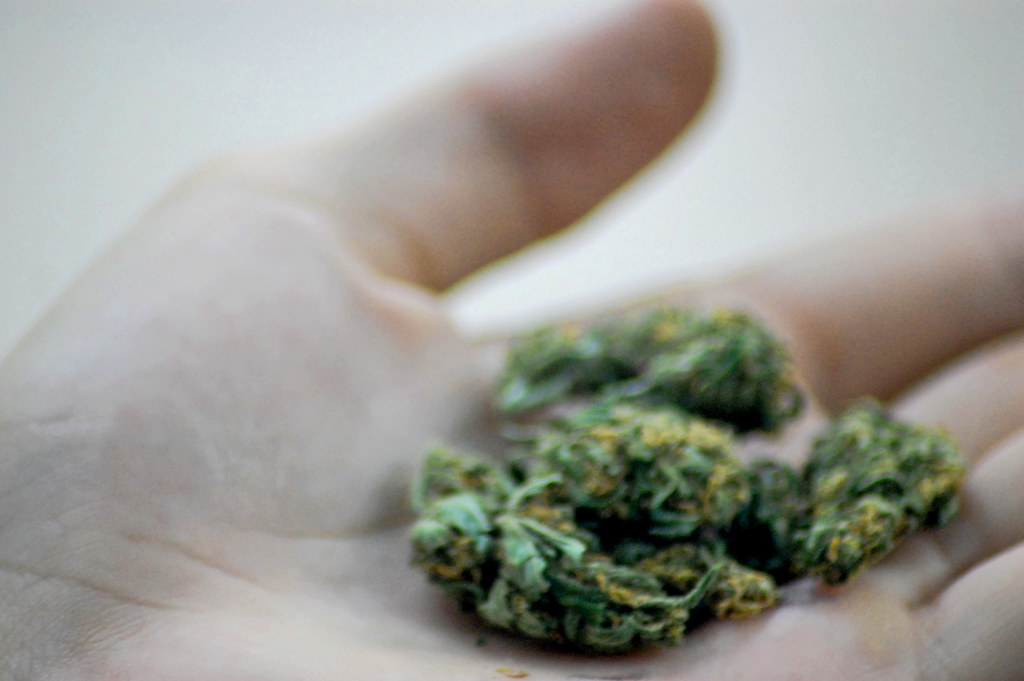 |
| https://c1.staticflickr.com/5/4056/4420604477_2d02aa0c30_b.jpg |
Nearly every day another state or country makes the news as it considers legalizing marijuana. Here in New York City you can smell it just about everywhere around the clock in the most unexpected places. It's so common, so easy to find, many do not consider it a "drug." Consensus is that it's not bad for you.
Furthermore, there are scientific and medical studies that say marijuana, even when used regularly, is essentially harmless without long-term consequences. Celebrities readily share, endorse, promote and celebrate marijuana.
But is it really a problem?
Clients say they enjoy smoking marijuana in the following ways:
- Lowered anxiety, a feeling of calm and peace
- Makes their troubles and worries go away temporarily
- Helps them sleep
- It enlivens the senses: movies are funnier, music sounds better, sex feels more intense, food tastes more delicious
- Life feels less dull
- They become more imaginative, more creative
- Helps them connect to a higher level of consciousness
- One young client even told me that it cures cancer; it doesn't
However, regular smokers of marijuana also admit there are problems. Biggest complaint is that it lowers their cognitive/mental functioning; they can't think clearly immediately after and even hours and days after smoking.
These are common problems clients experience with regular use:
- Memory problems, mostly short-term
- Low mood: feeling irritable, anxious, more on edge
- Tiredness, feeling groggy and cloudy
- Decreased motivation and increased procrastination
- Feelings of numbness, less inclined to feel happy
- Coughing and chest congestion
These are what we professionals call withdrawal symptoms.
And there are more serious problems linked to marijuana. I've met people for whom it triggered a psychotic breakdown even after trying it just once. It's a rare occurrence, but it does happen.
For others, they say marijuana makes them anxious, paranoid, and self-conscious. So they stay away from it.
In my experience, I've learned that for people who already struggle with anxiety and depression regular marijuana use produces unwanted, unpleasant feelings, as it exacerbates pre-existing sensitivities.
Clients seek help to cut back or even stop using marijuana because they can’t do it on their own. They recognize that negative effects outweigh the positive and want to feel and function better.
Obviously a discussion on abuse, dependence and addiction needs to happen, and I will continue to explore this subject.
If you feel you have a problem with marijuana, first step is to to ask yourself what you are getting from it and what it’s taking away, in other words, look at the pros and cons.